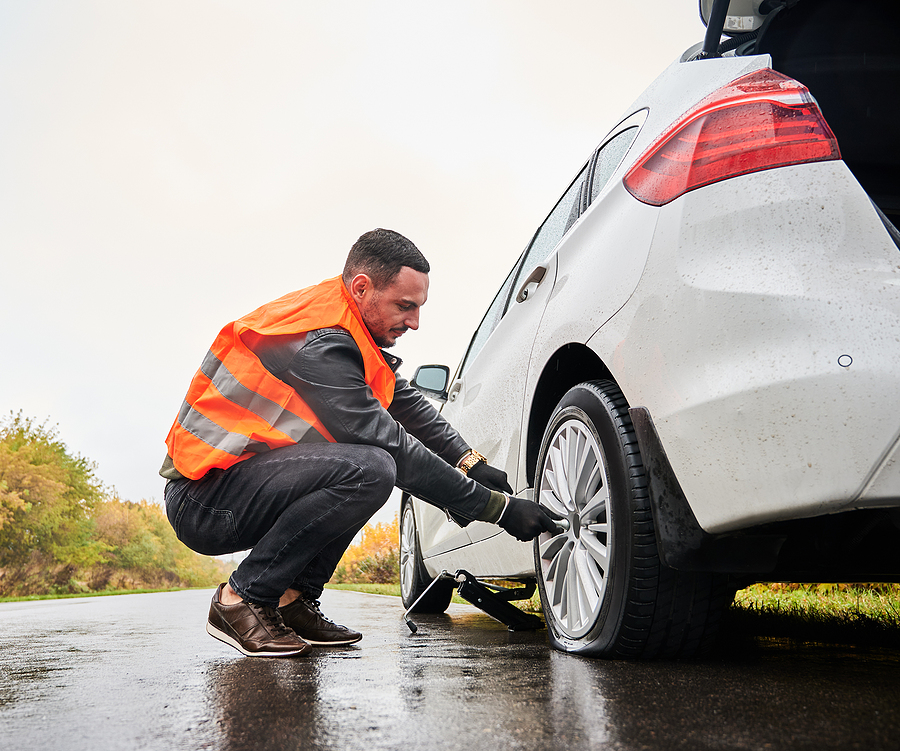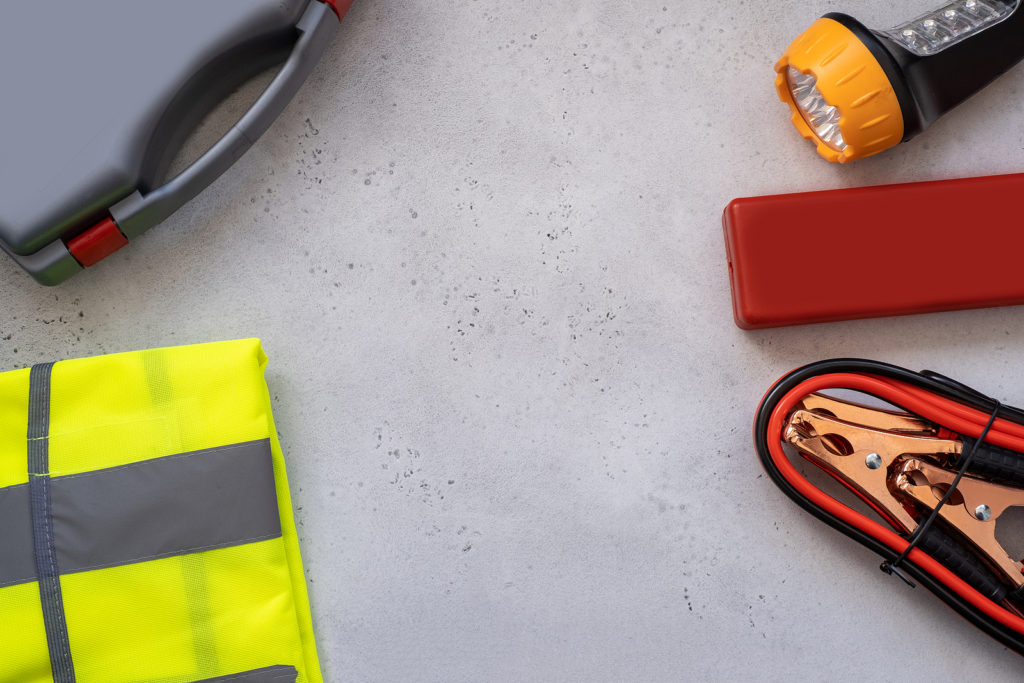In the world of automotive travel, the unexpected can often occur at the most inconvenient times. A flat tire, engine failure, or even a sudden empty gas tank can bring your journey to a sudden halt. In moments like these, a roadside assistance service becomes your knight in shining armor. But what exactly is roadside assistance and what does it entail?
This blog post aims to shed light on the basics of roadside assistance, helping you understand what to expect when you find yourself stranded by the side of the road. So buckle up and let’s dive into the realm of roadside rescue.

What is Roadside Assistance?
Roadside assistance is a service provided to drivers in case of unexpected vehicle breakdowns or roadside emergencies. It is designed to provide immediate help and support, allowing you to safely continue your journey or get your vehicle to a mechanic for repairs. This service is usually offered by automotive clubs, insurance companies, and even car manufacturers as part of their warranty packages.
What Does Roadside Assistance Service Cover?
The coverage of 24 hour roadside assistance can vary depending on the provider and the service package you choose. However, there are some common services that most providers offer, such as:
Towing: In case your vehicle cannot be fixed on-site, roadside assistance will arrange for a tow truck to transport your vehicle to a nearby mechanic or your preferred location.
Flat tire change: If you don’t know how to change a flat tire, don’t worry! Roadside assistance will send someone equipped with the necessary tools and a spare to get you back on the road in no time.
Fuel delivery: Running out of gas can happen to anyone. With roadside assistance, you can call for fuel delivery and get enough gas to reach the nearest gas station.
Battery jump-start: A dead battery is a common occurrence, especially during colder months. Roadside assistance can help by providing a jump-start to get your vehicle running again.
Lockout service: If you accidentally lock yourself out of your car, roadside assistance can send someone to help you regain access to your vehicle.
These are just some of the basic services that are typically covered by roadside assistance. Some providers may also offer additional perks such as discounts on repairs and rentals, trip interruption coverage, and more.
How to Get Roadside Assistance
Many new vehicles come with a complimentary roadside assistance package for a specific period. If your car doesn’t have one, you can purchase standalone roadside assistance plans from various companies throughout the state. It’s always a good idea to research different roadside assistance providers and compare their coverage and prices before making a decision. You can also check if your insurance company offers roadside assistance as an add-on to your existing policy.
When to Use Roadside Assistance
Roadside assistance should be used in case of emergencies or unexpected breakdowns on the road. It is not meant for routine maintenance tasks such as oil changes or tire rotations. If you’re unsure whether your situation requires roadside assistance, it’s best to give them a call and explain the issue. They will be able to advise you on the best course of action.
Conclusion
Having a basic understanding of what roadside assistance is and how it works can come in handy when faced with an unforeseen breakdown on the road. Whether you’re embarking on a long road trip or just running errands around town, having roadside assistance can provide peace of mind and save you from potential headaches. Remember to research different providers and packages and keep their contact information handy in case of emergencies.
We hope this blog post has been helpful in your quest to know more about your roadside emergency assistance options in Indiana. If you need immediate towing service, please contact Zore’s Towing for 24 hour roadside assistance and tow truck service in Indianapolis and its surrounding counties. We provide towing, recovery, equipment transport, car lockout service, flat tire service, jump starts, refueling, and more!
Related Posts:
Top 10 Essential Tips for Roadside Assistance You Need to Know
Roadside Rescue: How Professional Towing Services Can Help
Put a Roadside Emergency Kit in Your Car


